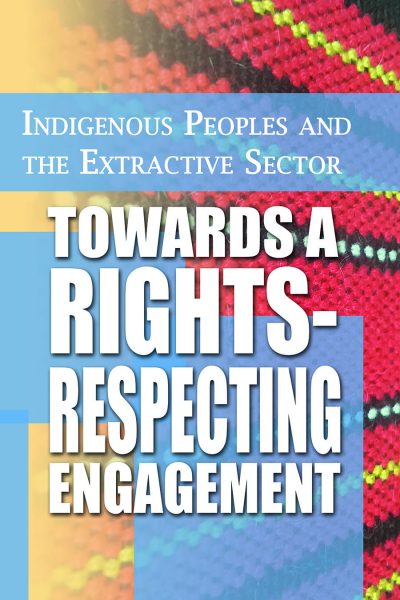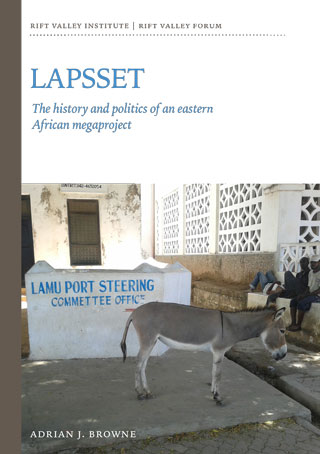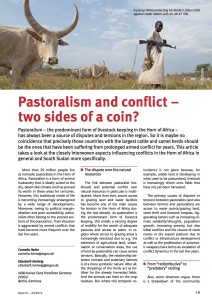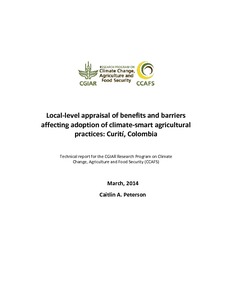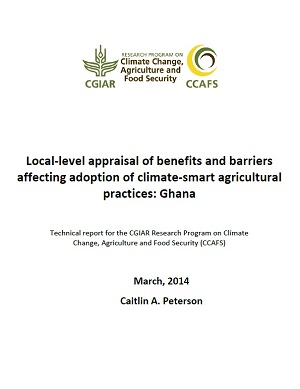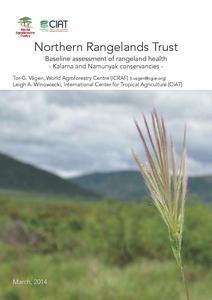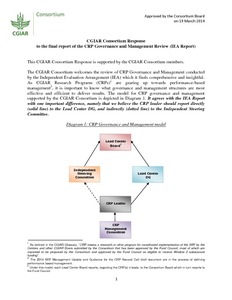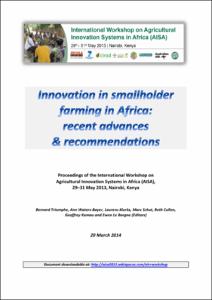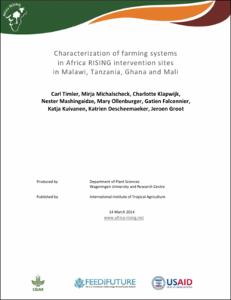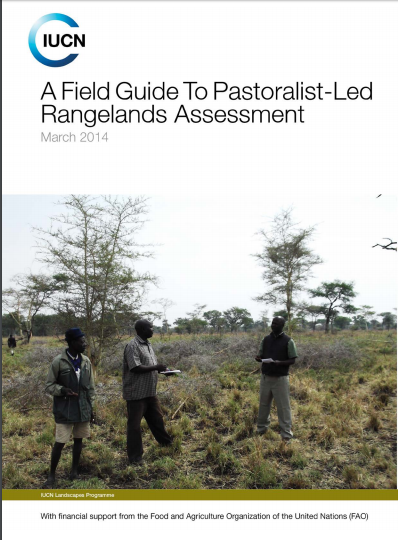Indigenous Peoples and the Extractive Sector
This report provides an overview of the present state of play of the extractive industries in relation to indigenous peoples, taking as its point of departure the adoption of the UN Declaration on the Rights of Indigenous Peoples(UNDRIP) in 2007, together with the 2009 UN Permanent Forum on Indigenous Issues International (UNPFII) Expert Group Meeting on Extractive Industries, Indigenous Peoples’ Rights and Corporate Social Responsibility, and the 2009 International Conference on Indigenous Peoples and the Extractive Industries.

